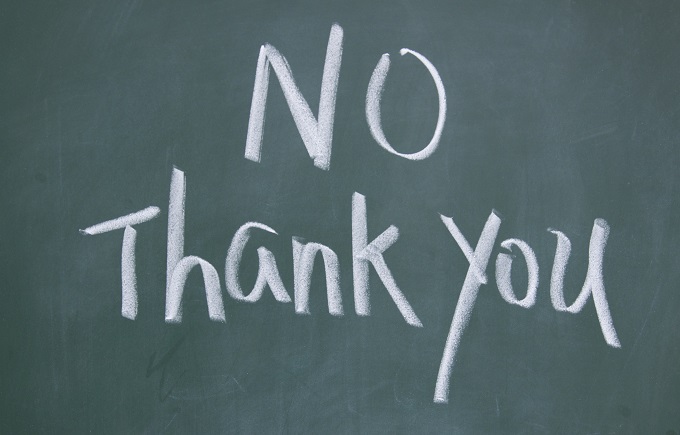
The union’s representatives on the negotiating team did not believe that the latest offer was good enough to take out to members.
“Secondary schools are facing teacher shortages that are far from business as usual,” says PPTA president Jack Boyle. “The offer from the government, while an improvement on the one we received in November, faces the fundamental problem of not addressing this unfortunate reality.”
“When we met with teachers over the last few weeks, the message they gave was incredibly consistent. We need to see a reset of teachers’ terms and conditions of work to address the teacher shortages and workload challenges. This offer doesn’t do that.”
“It’s clear that the government has to come back with the resources to address the problems the sector is facing. Tweaks simply won’t do it,” said Boyle.
“The Ministry and the Post Primary Teachers’ Association met last week for agreed bargaining talks.
“We put forward options to settle the pay negotiations. We also invited the PPTA to develop alternative options and they decided to decline this opportunity. PPTA have accepted our invitation for mediated bargaining, as we believe this will be a useful step for both parties. This will start on 13 December and we look forward to progressing talks.
“The Ministry is focused on settling these negotiations and on minimising any disruption for students’ learning and for their parents.”
NZEI Te Riu Roa President Lynda Stuart said the message from members was that the offers still did not do enough to fix the crisis in teacher recruitment and retention.
“The big concern for members was that the offers had nothing that would give teachers more time to teach or principals time to lead.
“From the beginning of this process we’ve been clear that to attract and retain teachers we need to be paid fairly and have the time and support to ensure every child gets the best possible education.”
“While the latest offer for teachers included a total salary increase of approximately $9,500 – $11,000 over three years, it failed to address the important issues of time and class size, which underpin the crisis in education,” she said.
“Disappointingly, we end this year without the necessary movement from the Government, and with still not enough to meet the needs of children, schools and teachers.”
Iona Holsted, Secretary for Education said: “NZEI members have voted to reject the Ministry’s revised offer to settle primary principals’ and teachers’ collective agreements.”
“We now invite NZEI to return to the bargaining table to discuss options for settling the collective to meet their member’s priorities within the $698 million package.
“Following facilitated bargaining (in November), the Employment Relations Authority described the $698 million as ‘handsome and competitive’. The Authority also acknowledged the commitment of the Government to working with teachers to gradually address the sector’s needs. This includes the current activity on workload and supply.
A new report from the University of Auckland’s Our Voices Project asks young people what…
The government has opened a tender for new standardised assessment tests, leaving educators shocked and…
Early in her career, Kiri Turketo found inspiration in an unlikely source. In this Principal…
Real stories of dedication, challenges, and triumphs from educators in NZ. Part six comes from…
Is fast furniture impacting your school's environmental footprint? We explore eco-friendly solutions to reduce furniture…
A new report from the New Zealand Initiative argues we need a stronger and clearer…
This website uses cookies.